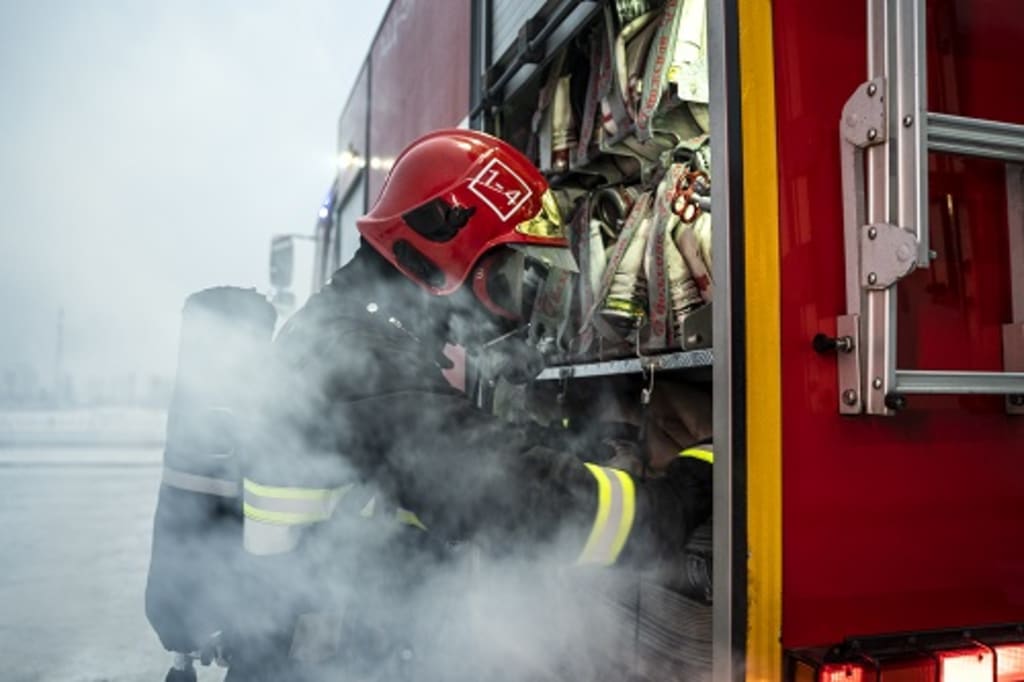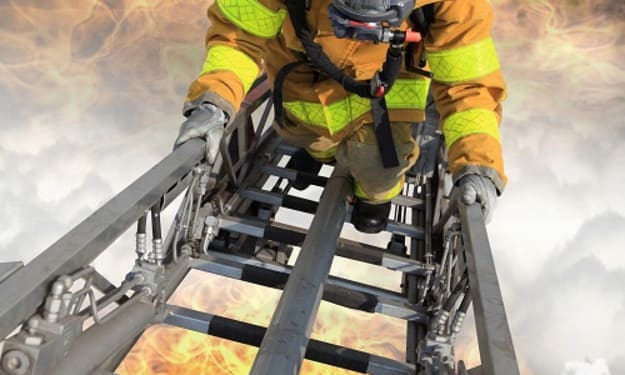The Importance of Fire Extinguishers in West Palm Beach: A Comprehensive Guide
Fire Extinguisher West Palm Beach

Introduction
In this article, we will explore the topic of fire extinguishers in West Palm Beach. Fire safety is a crucial aspect of any residential or commercial property, and having the right knowledge about fire extinguishers is essential. Whether you're a homeowner, business owner, or simply interested in fire safety, this article will provide you with valuable insights and information about fire extinguishers in the West Palm Beach area.
Fire Extinguisher West Palm Beach
Fire Extinguisher Types: Understanding the Basics
Fire extinguishers come in various types, each designed to combat specific types of fires. Understanding the different types of fire extinguishers is crucial for effectively handling fire emergencies. Let's take a closer look at the most common types:
Water-Based Fire Extinguishers: These extinguishers are suitable for fires caused by ordinary combustible materials such as wood, paper, and fabric.
Carbon Dioxide (CO2) Fire Extinguishers: CO2 extinguishers are ideal for electrical fires as they do not leave any residue or damage electrical equipment.
Foam Fire Extinguishers: Foam extinguishers are effective against flammable liquid fires like gasoline or oil. They create a barrier that prevents the fire from reigniting.
Dry Chemical Fire Extinguishers: Dry chemical extinguishers are versatile and can be used for multiple fire types, including flammable liquids, electrical fires, and combustible materials.
Wet Chemical Fire Extinguishers: Wet chemical extinguishers are specifically designed for kitchen fires involving cooking oils and fats. They work by creating a cooling effect and suppressing the fire.
Clean Agent Fire Extinguishers: Clean agent extinguishers, such as Halon or Halotron, are effective for fires involving sensitive electronic equipment as they do not leave any residue.
Fire Extinguisher Maintenance: Ensuring Reliability
It is essential to regularly maintain fire extinguishers to ensure their reliability in case of an emergency. Here are some maintenance tips to keep in mind:
Monthly Visual Inspection: Check the pressure gauge and ensure it is in the green zone. Make sure the extinguisher is in its designated location and is easily accessible.
Annual Professional Inspection: Have a professional fire safety company inspect your extinguishers annually. They will perform a thorough inspection, check for any damage, and ensure the extinguisher is in proper working condition.
Recharging and Hydrostatic Testing: Fire extinguishers may require recharging or hydrostatic testing after use or a certain period. Follow the manufacturer's guidelines and consult a professional if needed.
Fire Extinguisher Placement: Strategically Located for Quick Access
Proper placement of fire extinguishers is crucial for quick and easy access during an emergency. Consider the following guidelines when positioning fire extinguishers:
Kitchen: Place a wet chemical fire extinguisher in the kitchen, near the cooking area. This will help in case of a cooking oil or fat fire.
Garage: Since garages often store flammable materials like gasoline and oil, it's essential to have a dry chemical or foam fire extinguisher nearby.
Bedrooms: Keep a water-based fire extinguisher in or near each bedroom. This can be helpful in case of a small fire, such as a mattress or fabric fire.
Workplace: Determine the fire hazards in your workplace and place the appropriate fire extinguisher nearby. Consider the types of materials present, such as electrical equipment or flammable liquids.
Fire Extinguisher FAQs
How often should fire extinguishers be inspected?
Fire extinguishers should undergo a professional inspection annually.
Can I recharge a fire extinguisher myself?
It is recommended to have a professional recharge your fire extinguisher to ensure it is done correctly.
What should I do if my fire extinguisher has been used?
After use, even if partially discharged, a fire extinguisher needs to be recharged. Contact a professional fire safety company for assistance.
Are all fire extinguishers refillable?
Not all fire extinguishers are refillable. Some types, such as disposable ones, need to be replaced after use.
How long do fire extinguishers last?
Fire extinguishers have an average lifespan of 10 to 12 years. However, they should be inspected annually to ensure their functionality.
Can I use a fire extinguisher on an electrical fire?
Yes, you can use a carbon dioxide (CO2) fire extinguisher on electrical fires, but be cautious and avoid direct contact with the electrical source.
Conclusion
In conclusion, fire safety is of utmost importance, and being knowledgeable about fire extinguishers can save lives and minimize property damage. We have explored the different types of fire extinguishers, their maintenance requirements, proper placement, and answered frequently asked questions about them. Remember to always consult professionals for any fire safety concerns and ensure that your fire extinguishers are in proper working condition.





Comments
There are no comments for this story
Be the first to respond and start the conversation.